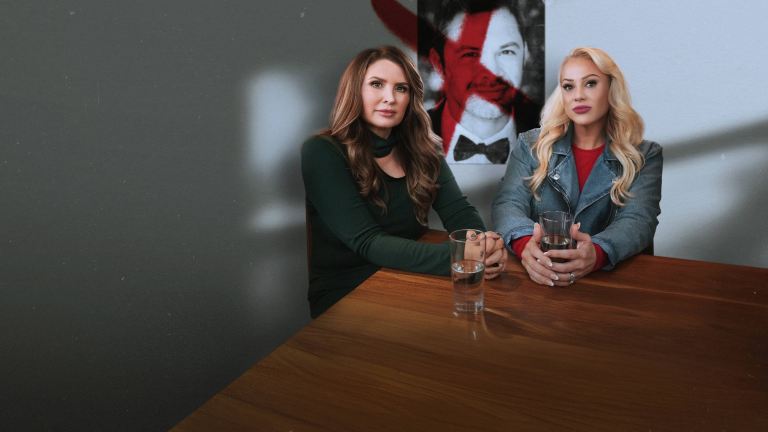
Dear Women, You Are Not His Therapist
Dear Women,
You are not his therapist.
Let’s get one thing straight — there’s a fine line between being a caring and supportive partner and being someone he talks to when he has a problem.
Maybe your man is good at talking about his feelings or maybe you’re just a really good listener, but that doesn’t mean you have to pull up a chair and grab a notebook to scribble observations in.
Even if he’s good at communicating, that doesn’t necessarily mean he’s committing to you.
Some men are good at expressing their feelings, whether if it’s problems at work, in school, with his family, fears in his career, and so on. But what about expressing his feelings about you? Sorry, but not really, and with that, there’s a lack of commitment. Trust me.
(Yes, some men aren’t like that, and if you’ve found a guy who communicates and commits, good for you. I’m just saying, a majority of guys aren’t like that.)
It’s kinda like, ya know, a therapist. You can talk to them and give them advice for their problems, but if they want to dip out and find a new therapist for a better price or for better advice, they can.
I’m not saying that your partner shouldn’t communicate with you about their feelings. I’m just saying that they shouldn’t let you dive into the dark side of their mind.
Why?
It could trigger something in you.
If you’re too invested in taking care of him and his mental health, you could potentially forget to invest in yourself and your own mental health.
I got sucked into a very toxic relationship a few years ago with a guy who was depressed, suicidal, and addicted to cocaine and alcohol. Yikes. I wanted to take care of him and I tried everything in my power to do so, but with that, I failed to take care of myself. I put his needs before my own. I was so worried about him and so anxious all the time (even more so than before) and I convinced myself that if I loved him as much as I said I did, I had to show him that I cared.
Don’t sacrifice your needs and neglect your mental health to take care of him.
Being a supportive partner is great, but they can’t always depend on you to be a shoulder to cry on, an ear to talk to, or an advice-giver. That’s too much pressure for one person (who is probably not a licensed psychologist or therapist) to handle.
Sit down with your partner and identify expectations and set boundaries. You and your mental health are important too. Don’t forget that.











